WHO ‘too slow’ in Covid fight
Public health emergency should have been declared earlier following emergence of COVID-19 in China, report finds.
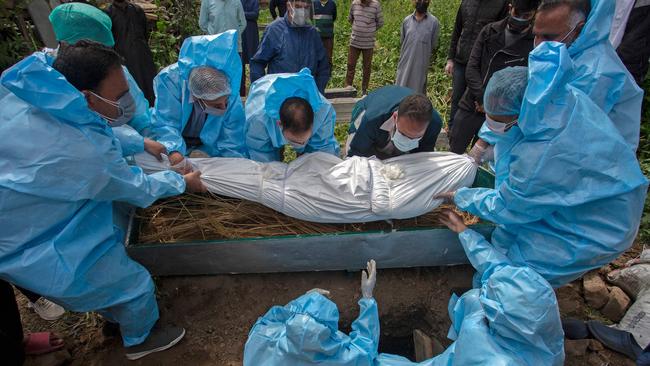
The World Health Organisation was too slow in declaring a public health emergency following the emergence of COVID-19 in China, and a “lost month” of inaction allowed the disease to spread out of control, an independent review has found.
The WHO-commissioned evaluation of its response to the deadly coronavirus, co-chaired by former New Zealand prime minister Helen Clarke, found “valuable time was lost” to the agency’s overly bureaucratic processes and the “wait and see” approach of many countries.
The report called for a new global alert system to rapidly warn of potential pandemics without the approval of affected countries, and major reforms to strengthen the WHO’s independence from its member states.
It recommended heads of state lead a new Global Health Threats Council to ensure leadership on pandemic preparedness and urged rich nations to fund vaccines, drugs and medical supplies for the world.
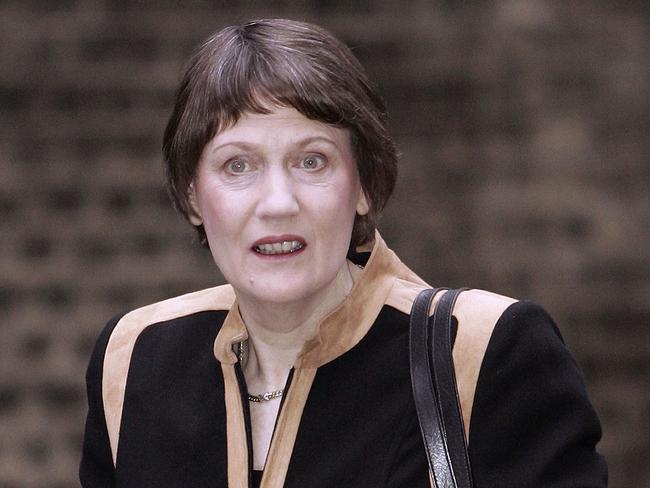
The review found the WHO was unprepared for the crisis, despite years of warnings of an inevitable pandemic and growing numbers of zoonotic diseases.
“The independent panel has found weak links at every point in the chain of preparedness and response,” the report said.
“Preparation was inconsistent and underfunded. The alert system was too slow — and too meek. The World Health Organisation was underpowered. The response has exacerbated inequalities. Global political leadership was absent.”
Ms Clark and her co-chair, the former president of Liberia Ellen Johnson Sirleaf, called for the world to make COVID-19 “the last pandemic” through global leadership and a dramatic ramping up of preparedness.
Amid concerns that China had too much sway within the WHO, it urged that the organisation be depoliticised and guaranteed financial independence.
It said all nations should update pandemic plans against new WHO benchmarks, and future declarations of public health emergencies “should be based on the precautionary principle”.
China was condemned internationally for delays in warning the world of the pandemic, including a police reprimand of Li Wenliang, the doctor who raised the alarm over the virus, for “spreading false rumours”.
But the review was not explicitly critical of China’s handling of the outbreak after its detection in Wuhan, focusing instead on the WHO’s slow-moving response to the emerging crisis. “Clinicians in Wuhan were quick to spot unusual clusters of pneumonia of unknown origin in late December 2019,” it said.
“The formal notification and emergency declaration procedures … were much too slow to generate the rapid … response required to counter a fast-moving respiratory pathogen. Valuable time was lost.”
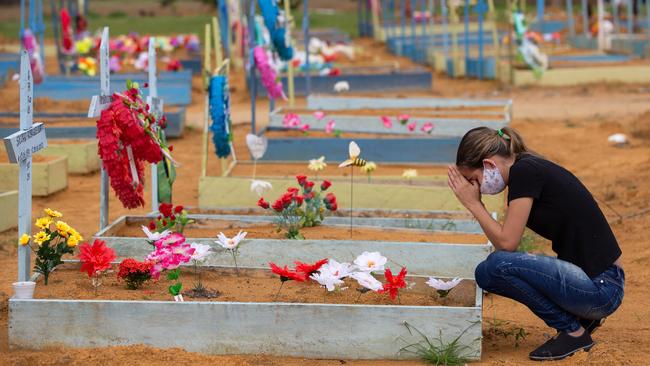
Former Health Department secretary Jane Halton, the chair of the Coalition for Epidemic Preparedness Innovations, said the report deliberately avoided “finger pointing”. “In that, it is a very strong document,” she said.
“The truth of the matter is every country in the world has made mistakes at some point in relation to all sorts of issues, particularly biosecurity. I don’t think it helps any of us right at the moment to point fingers at anybody.”
Ms Halton said it was “a difficult read” because “we had an opportunity to get this thing back in the box and we didn’t”. “The lessons that are being pointed to in this report need to be heard, and they need to be heard in a very open and honest way,” she said.
The WHO learned of the outbreak on December 31, when human-to-human transmission was unconfirmed but “likely”.
The initial WHO mission to Wuhan on January 20-21 coincided with China’s first public declaration of human-to-human transmission. Scott Morrison on January 23 had said the coronavirus had “pandemic potential” and flagged border restrictions.
The WHO’s emergency committee elected not to call a public health emergency at a January 22-23 meeting, and took another week before deciding to make the declaration, specifying no travel restrictions were recommended.
“For the month following the declaration … too many countries took a ‘wait and see’ approach rather than enacting an aggressive containment strategy that could have forestalled the global pandemic,” the review found. “It is glaringly obvious that February 2020 was a lost month when steps could and should have been taken to curtail the epidemic.”


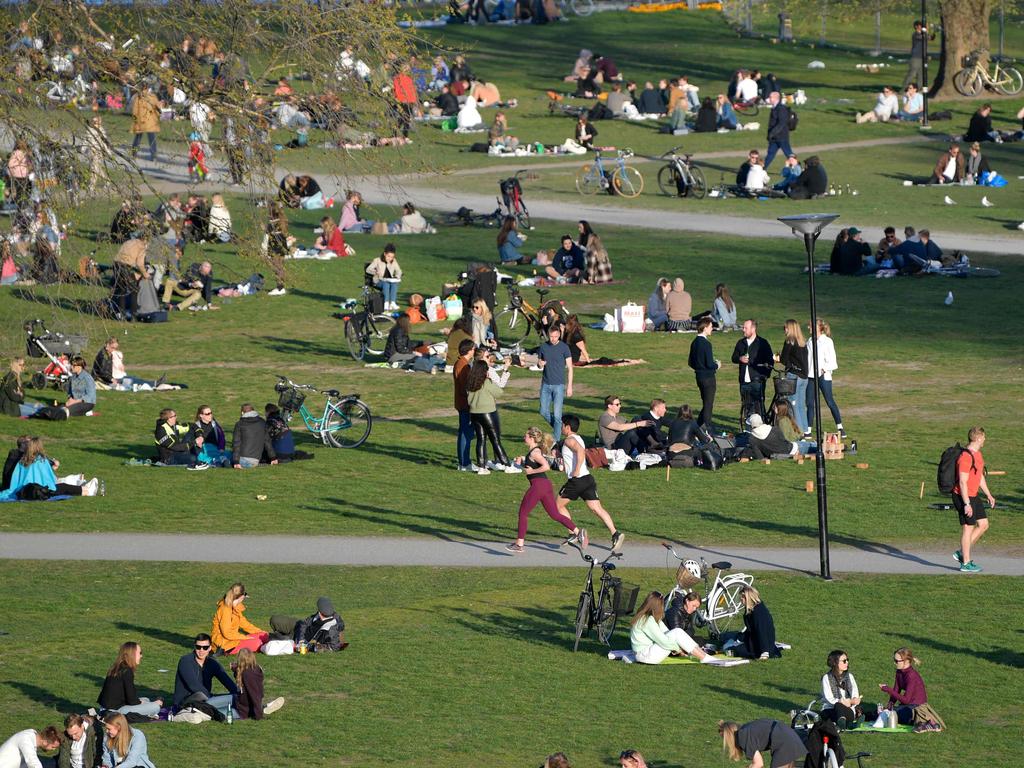
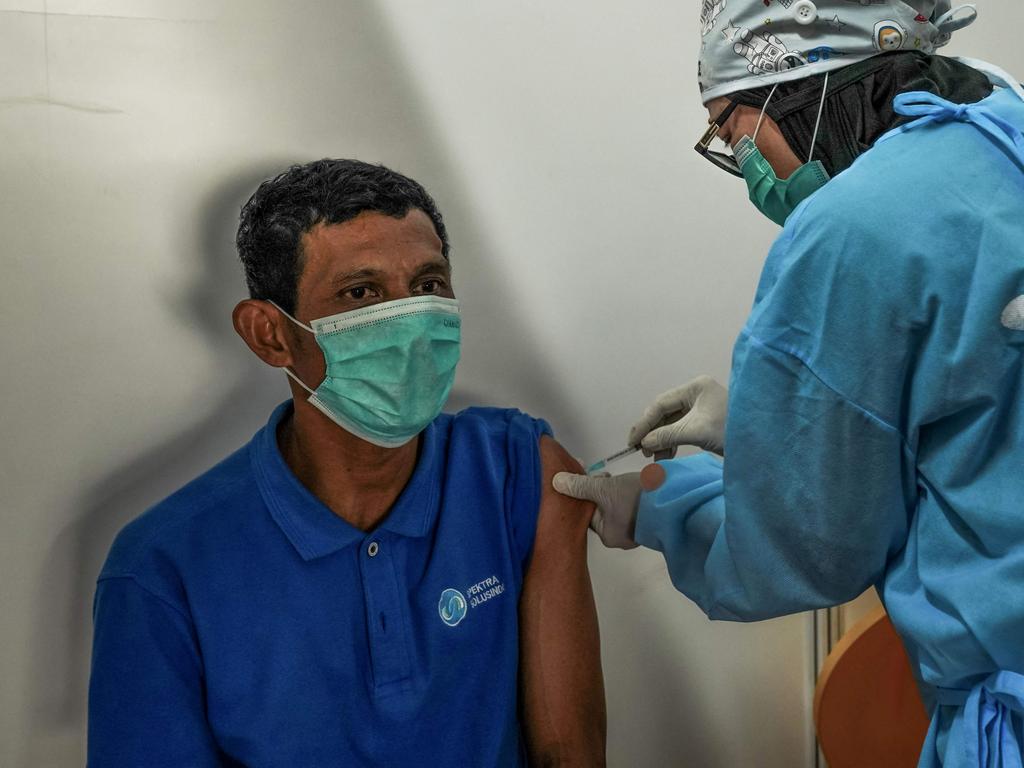
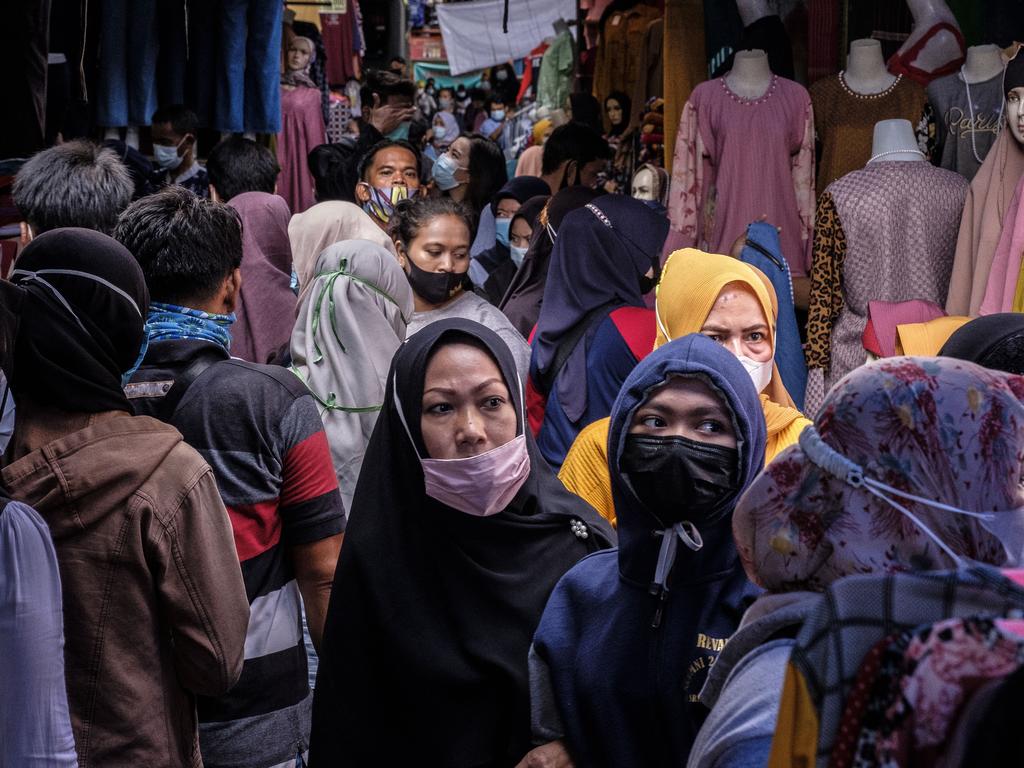
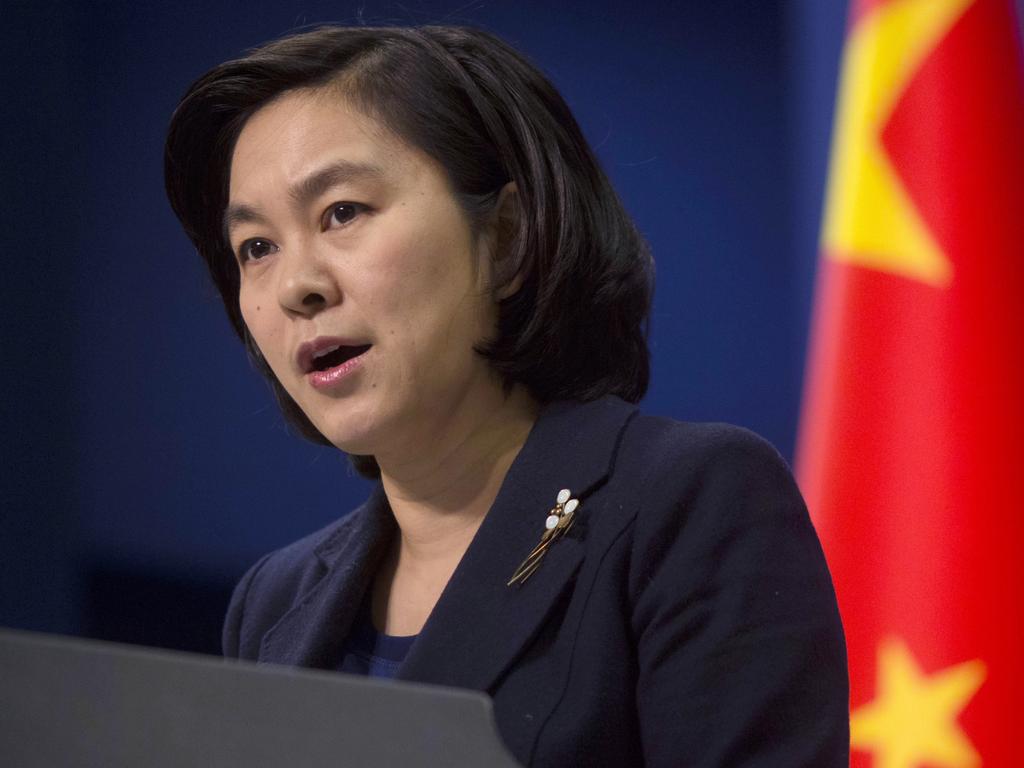


To join the conversation, please log in. Don't have an account? Register
Join the conversation, you are commenting as Logout